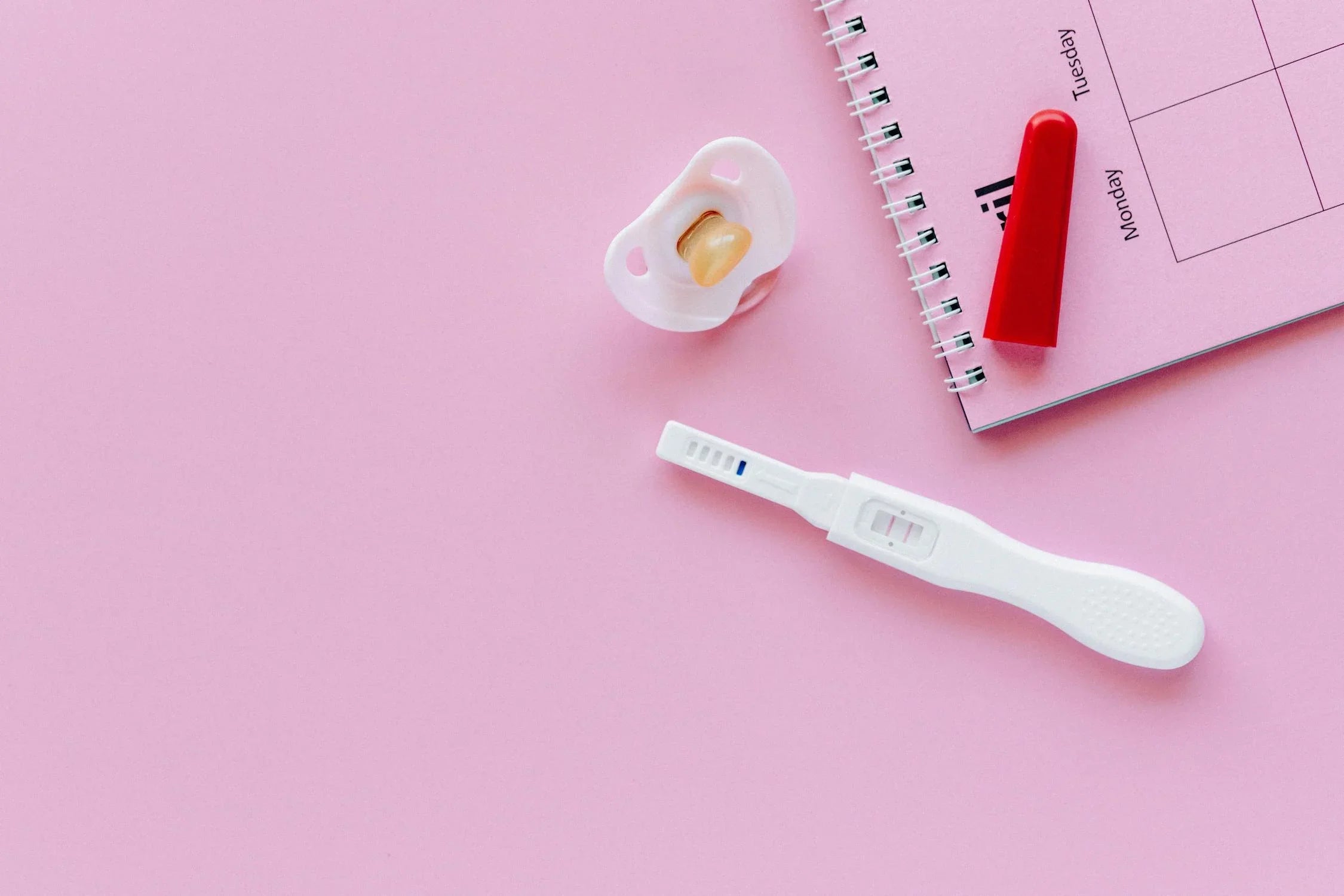Startseite
Pregnancy, Breastfeeding, and Pumping: The Ultimate Guide for Moms
How Long Can You Have a False Negative Pregnancy Test

How Long Can You Have a False Negative Pregnancy Test
When you suspect you might be pregnant, the anticipation of taking a pregnancy test can be both exciting and nerve-wracking. However, what happens when the test shows a negative result, but you still feel pregnant? Understanding how long you can have a false negative pregnancy test is crucial for accurate results and peace of mind.
What Is a False Negative Pregnancy Test?
A false negative pregnancy test occurs when a test indicates you are not pregnant, but you actually are. This can happen for several reasons, including testing too early, improper test usage, or issues with the test itself. Knowing the potential causes can help you avoid this frustrating situation.
Factors Influencing False Negative Results
Several factors can contribute to a false negative pregnancy test. Here are the most common ones:
1. Testing Too Early
One of the primary reasons for a false negative is testing too early in your pregnancy. Pregnancy tests detect the hormone human chorionic gonadotropin (hCG), which is produced after a fertilized egg attaches to the uterine lining. If you test before your body has produced enough hCG, the test may not detect it, resulting in a false negative.
2. Diluted Urine
Using diluted urine can also lead to a false negative. hCG levels are more concentrated in the first urine of the day. If you test later in the day after drinking a lot of fluids, the hCG concentration may be too low for the test to detect.
3. Expired or Faulty Tests
Using an expired or faulty pregnancy test can also result in inaccurate results. Always check the expiration date and follow the instructions carefully to ensure the test is working correctly.
4. Improper Test Usage
Not following the test instructions properly can lead to a false negative. This includes not waiting long enough for the results, using the wrong amount of urine, or misreading the results.
How Long Can a False Negative Persist?
The duration of a false negative pregnancy test depends on several factors, including the sensitivity of the test and the timing of your menstrual cycle. Here’s a closer look:
1. Sensitivity of the Test
Different pregnancy tests have varying levels of sensitivity to hCG. Some tests can detect lower levels of hCG earlier in pregnancy, while others require higher concentrations. If you’re using a less sensitive test, you may get a false negative for a longer period.
2. Timing of Your Menstrual Cycle
The timing of your menstrual cycle plays a significant role in the accuracy of a pregnancy test. If you have irregular periods, it can be challenging to determine the best time to test. In such cases, you might experience a false negative for an extended period.
3. Implantation Timing
Implantation, when the fertilized egg attaches to the uterine lining, can take anywhere from 6 to 12 days after ovulation. If implantation occurs later in this window, it may take longer for hCG levels to rise enough to be detected by a pregnancy test.
Steps to Ensure Accurate Results
To minimize the chances of a false negative pregnancy test, consider the following steps:
1. Wait Until After Your Missed Period
Waiting until after your missed period can significantly increase the accuracy of a pregnancy test. By this time, hCG levels are usually high enough to be detected by most tests.
2. Use the First Morning Urine
Testing with the first urine of the day ensures that hCG levels are at their most concentrated, reducing the likelihood of a false negative.
3. Follow Test Instructions Carefully
Always read and follow the test instructions carefully. This includes waiting the recommended amount of time for results and using the correct amount of urine.
4. Consider Retesting
If you receive a negative result but still suspect you’re pregnant, consider retesting a few days later. hCG levels double every 48 to 72 hours in early pregnancy, so waiting a few days can make a significant difference.
When to Consult a Healthcare Professional
If you continue to receive negative results but experience pregnancy symptoms, it’s essential to consult a healthcare professional. They can perform a blood test, which is more sensitive than urine tests and can detect lower levels of hCG. Additionally, they can help rule out other potential causes of your symptoms.
Understanding how long you can have a false negative pregnancy test is vital for accurate results and peace of mind. By considering the factors that influence test accuracy and following the steps outlined above, you can increase the likelihood of obtaining a reliable result. If in doubt, always seek professional medical advice to ensure your health and well-being.
Teilen
